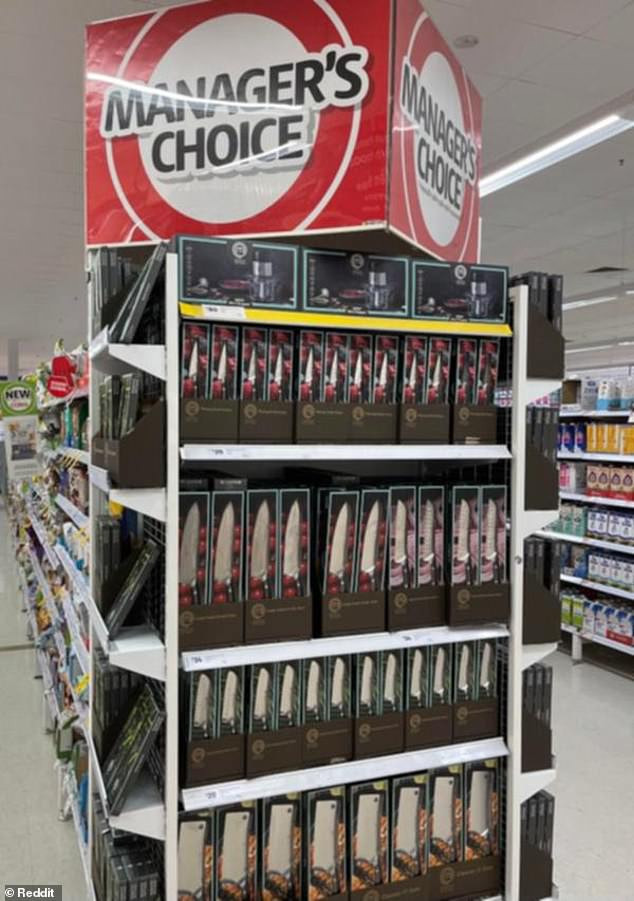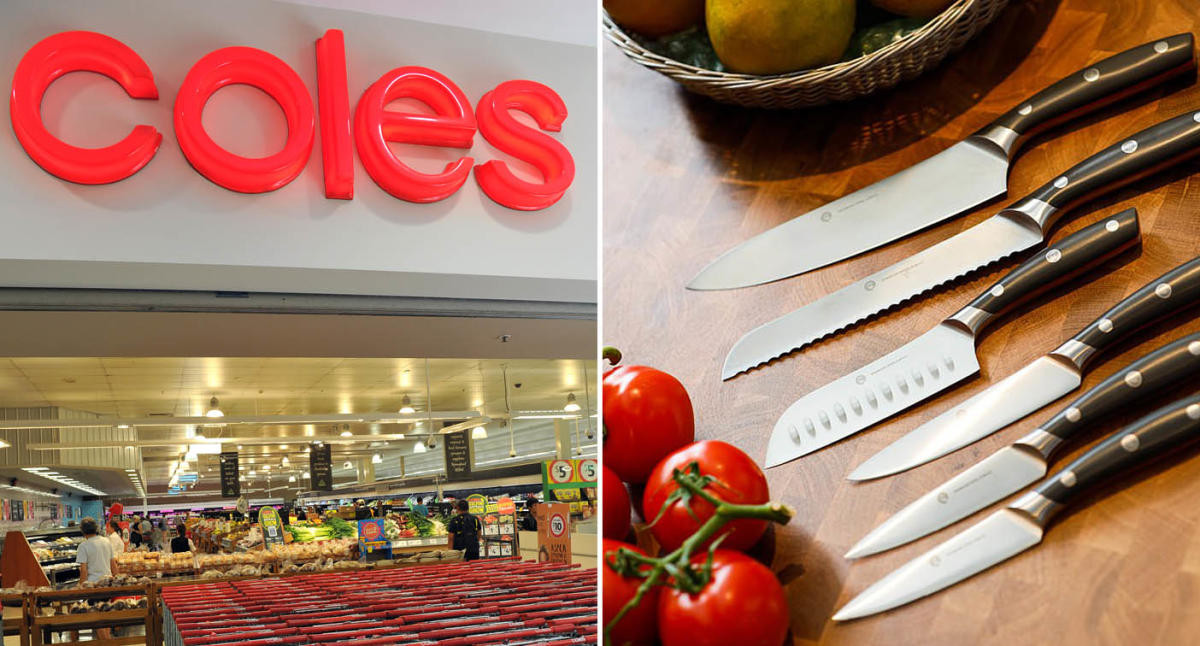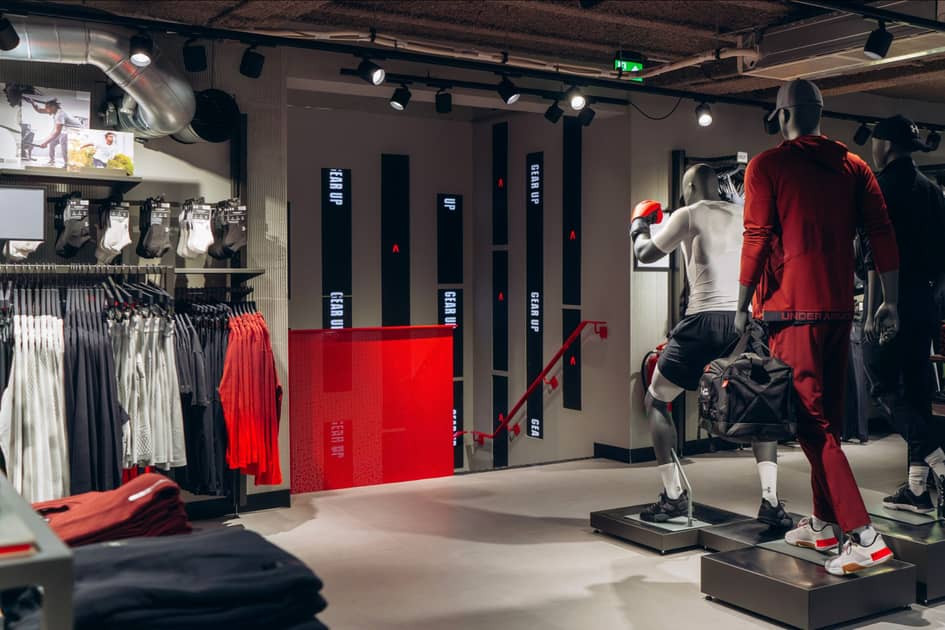Coles Pulls Knives From Shelves After Queensland Stabbing: A Retail Safety Crisis?
A 63-year-old Coles employee was stabbed in the back while working at a Yamanto Central shopping center in Ipswich, Queensland. This shocking incident, allegedly a random attack by a 13-year-old boy charged with attempted murder, has sent ripples through the retail industry and prompted immediate action from Coles.
The victim, who remains in a critical but stable condition, was attacked with a knife purchased from the very store where she worked. This horrifying event has highlighted the vulnerabilities faced by retail workers daily. The alleged attacker's age is particularly concerning, underscoring the urgency of addressing safety measures in retail environments across Australia.
Coles' Response: A Nationwide Knife Withdrawal
In response to this distressing incident, Coles swiftly announced the nationwide removal of all kitchen knives from its supermarket shelves. This decision, described as a precautionary measure while a comprehensive review is conducted, underscores the supermarket giant's commitment to the safety of both its employees and customers. The statement released by Coles emphasized, "The safety of our team members and customers is our number one priority across all aspects of our business." This decision aligns with previous actions taken by Woolworths in 2021 following a similar incident, demonstrating a growing awareness and proactive response within the retail sector.
SMEG Knives and Compliance
Coles clarified that SMEG kitchen knives would remain available for redemption at service desks until January 21. They emphasized that the withdrawal is a preventative measure, not a breach of any knife sale legislation. The company's commitment to compliance while prioritising safety is evident.
The Wider Impact: A Call for Increased Retail Safety
The incident and Coles' subsequent actions have ignited a broader conversation about retail worker safety and violence. This is not an isolated incident; retail workers routinely face aggression and violence from customers. The Australian Retailers Association and National Retail Association issued a joint statement expressing deep concern and highlighting the rising number of retail crime incidents—approximately 700,000 nationally in the past year. These organizations have consistently advocated for strengthened safety measures and greater collaboration between industry and government to mitigate these risks. This stabbing serves as a stark reminder of the urgent need for improved safety protocols and support systems for retail employees.
Glenorchy Mayor Sue Hickey's comments echoed this sentiment, acknowledging the regrettable necessity of such actions. She stated, "It is no doubt extremely regrettable that shops cannot stock and sell items such as kitchen knives without fear they will be misused…Removing spur-of-the-moment temptation for such crimes must be a priority." Her statement highlights the complexities of balancing the needs of everyday consumers with the urgent requirement for improved workplace safety within the retail industry.
Looking Ahead: A Collaborative Approach to Safety
The Coles incident underscores the urgent need for a multi-pronged approach to improve retail worker safety. This approach should involve: strengthened security measures in stores, improved training for staff on de-escalation techniques, and enhanced collaboration between retailers, law enforcement, and government agencies. The Queensland government’s recent knife laws, prohibiting the sale of knives to minors and mandating secure storage, represent a step in the right direction, although further measures are clearly needed. The ongoing dialogue between retail groups and government bodies emphasizes the commitment to a collaborative effort to foster safer working environments. This commitment is vital to protect vulnerable retail workers and ensure the safety and well-being of all within the retail sector. Coles' proactive response demonstrates a leadership role in addressing these important concerns, setting a precedent for other retailers to follow suit and prioritize the safety of their employees. The ongoing support offered to the victim and her colleagues, including counseling services, showcases a commitment to care beyond immediate responses. We must strive for a retail environment where violence is not accepted as the norm but is actively prevented through collective action and vigilance.
The ongoing impact of this incident highlights the need for a continued conversation on retail worker safety and how to mitigate such events in the future. The wellbeing of retail workers deserves protection and support from stakeholders across the board, from legislation and retailers to government organizations.



















